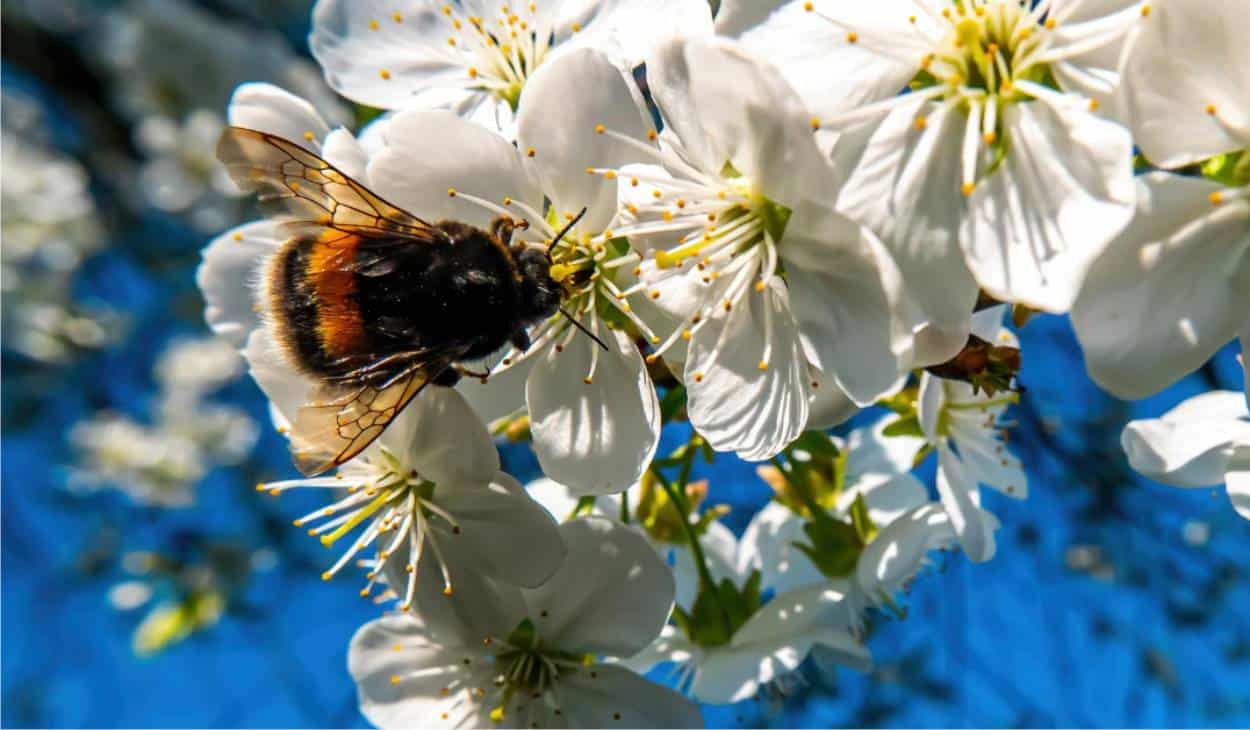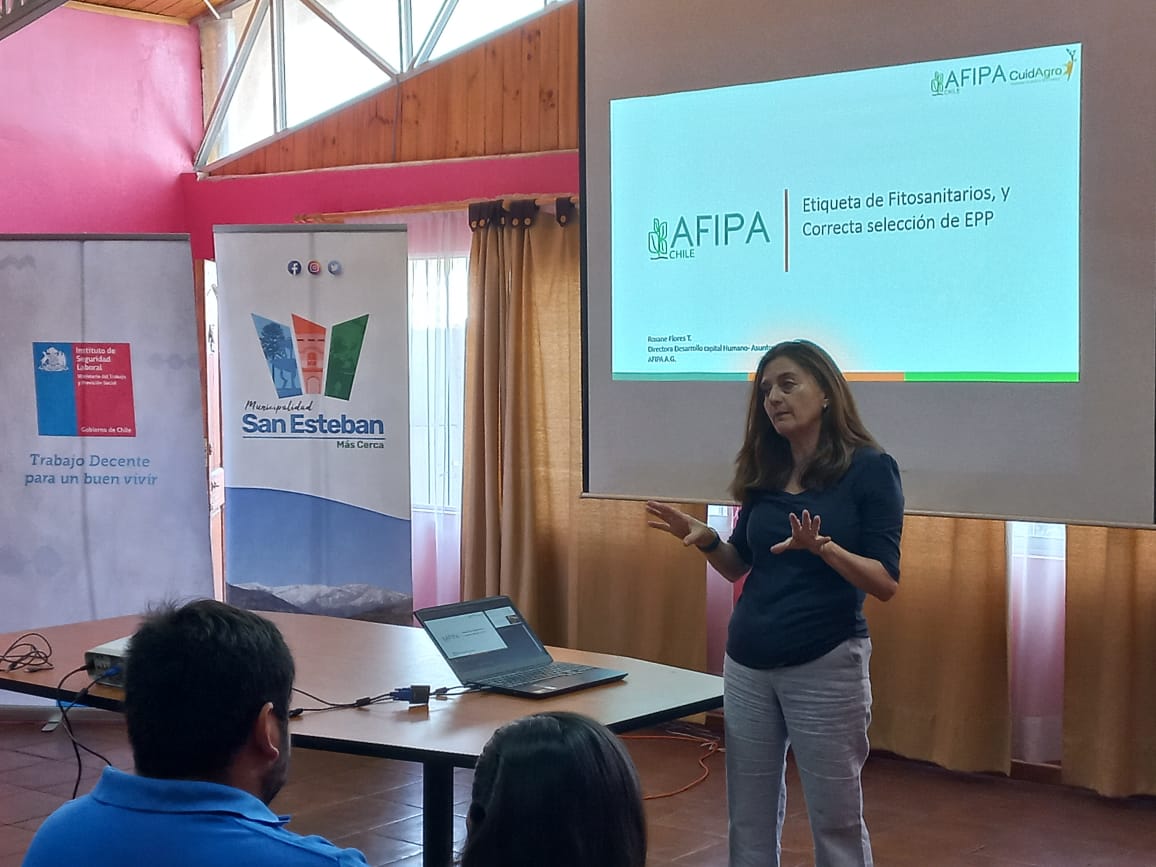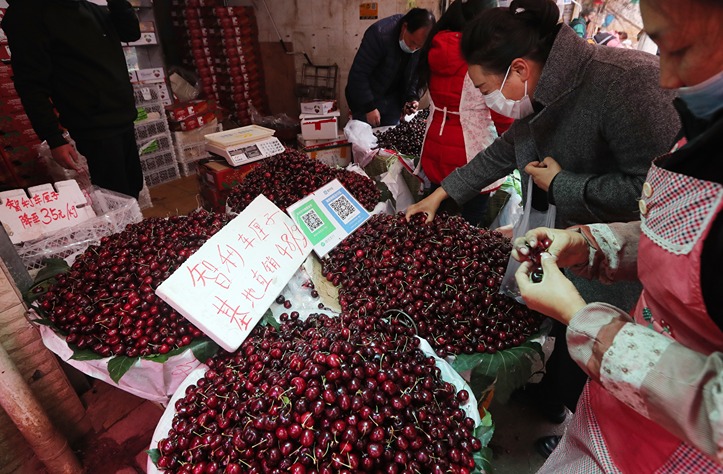Recent studies conducted in Belgium and Germany have highlighted the crucial role of wild bees, such as bumblebees and mason bees, in enhancing the pollination efficiency of honeybees in sweet cherry orchards. This research reveals that wild bees are not only excellent pollinators but also significantly improve the pollination performance of honeybees, thus providing a double benefit.
In orchards, particularly in sweet cherry orchards, cross-pollination is essential for fruit production. This process requires pollen transfer between compatible cultivars, often planted in different rows. Insects that frequently move between the rows increase the chances of successful cross-pollination.
Honeybees, known for their methodical foraging habits, tend to visit flowers on the same tree, which limits their effectiveness in cross-pollination. In contrast, wild bees such as bumblebees and mason bees exhibit more erratic foraging patterns, often changing trees and rows, thereby improving pollination.
The Belgian study focused on sweet cherry trees and observed the interaction between bumblebees and honeybees. The presence of bumblebees, particularly wild queens, was found to significantly influence honeybees’ behavior; they increased the row-switching frequency by ten times. Additionally, honeybees' flower visitation rate per minute also rose with the number of bumblebees around.
This behavior modification can potentially increase the pollination efficiency of honeybees, leading to greater fruit set. Similarly, research conducted in Germany examined the relationship between honeybee numbers and cherry fruit set in orchards with varying populations of mason bees.
 Image 1.
Image 1.
The study found a positive correlation between the number of honeybees and fruit set, but only in orchards with high mason bee populations. In orchards with fewer mason bees, this positive relationship was absent. The results suggest that mason bees, like bumblebees, alter honeybee behavior, enhancing their pollination efficiency.
These studies underscore the importance of conserving wild bee populations in and around orchards. Wild bees not only contribute directly to pollination but also amplify the contribution of honeybees. This dual role underscores the value of conservation and implementation of measures to support wild bee populations.
Strategies such as planting mixed hedgerows and allowing wild herbaceous plants to bloom at field margins provide nesting opportunities for mason bees and other wild bees. By creating a favorable environment for wild bees, growers can reduce their reliance on honeybees alone, ensuring more stable and effective pollination services.
The synergistic effect of wild bees on the pollination performance of honeybees has profound implications for agricultural practices and fruit production. Promoting wild bees conservation and management can lead to improvements in yield and quality. Integrating wild bee support into agricultural landscapes represents a promising strategy for enhancing pollination services and ensuring the sustainability of orchards.
Source: Eeraerts, Maxime & Osterman, Julia. (2024). Wild bees improve honeybees' pollination contribution.
Image: Orto da coltivare
Andrea Giovannini
University of Bologna (IT)
Cherry Times - All rights reserved











